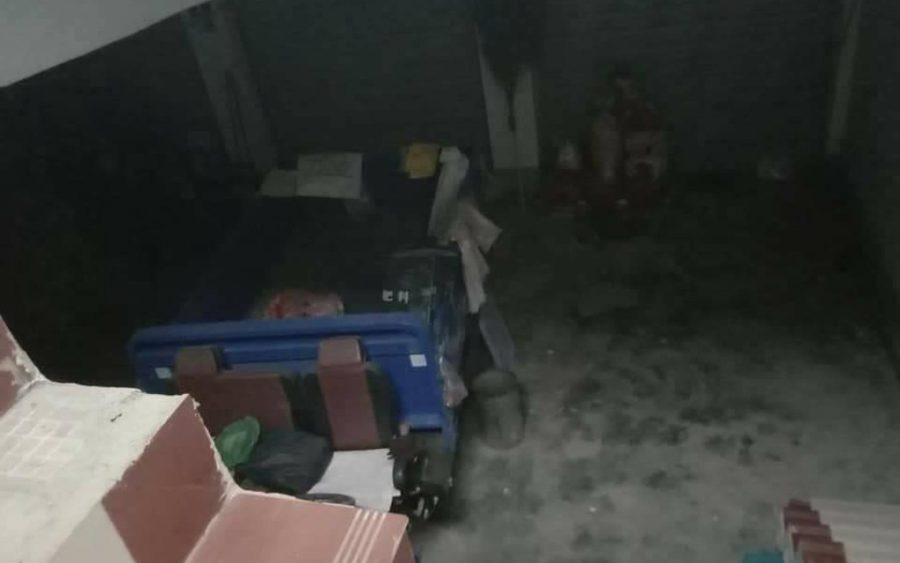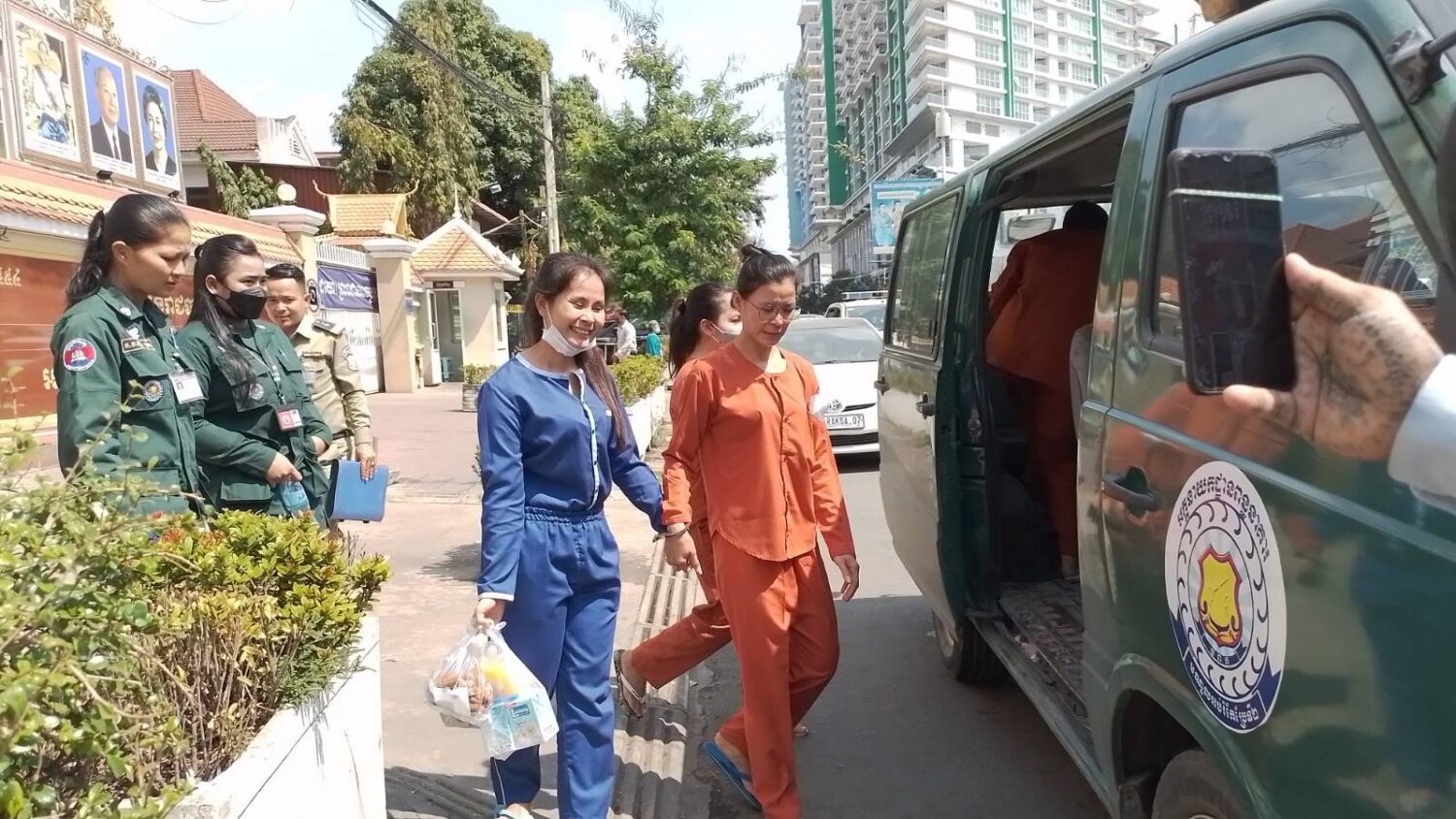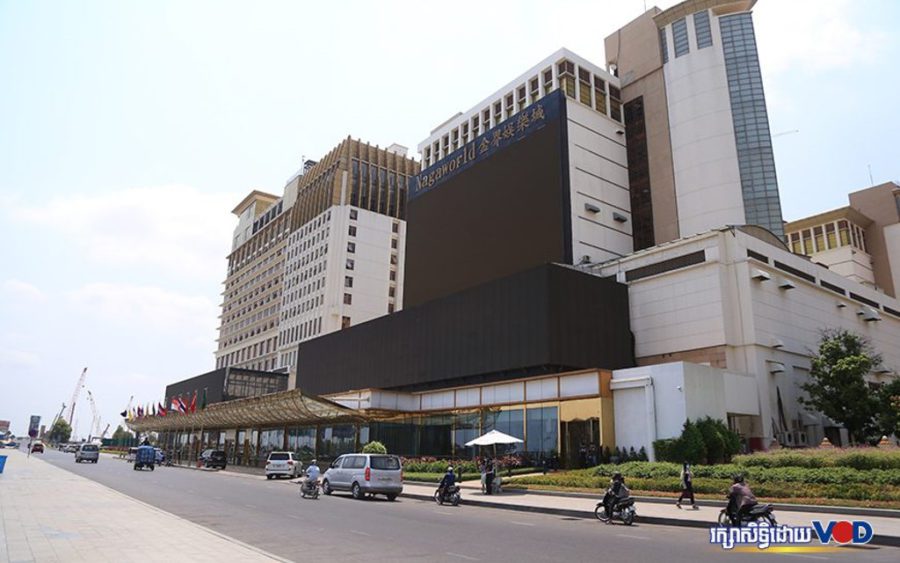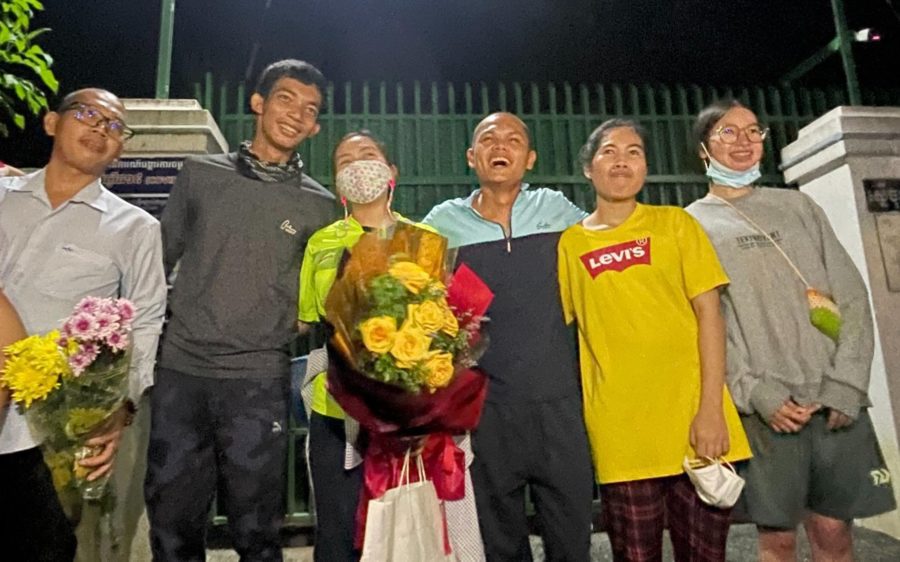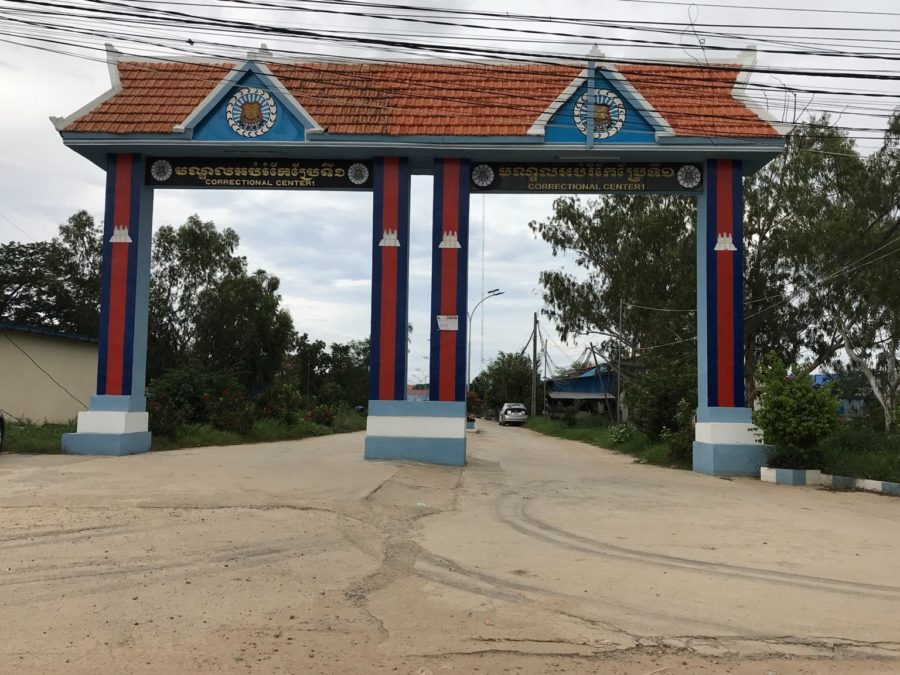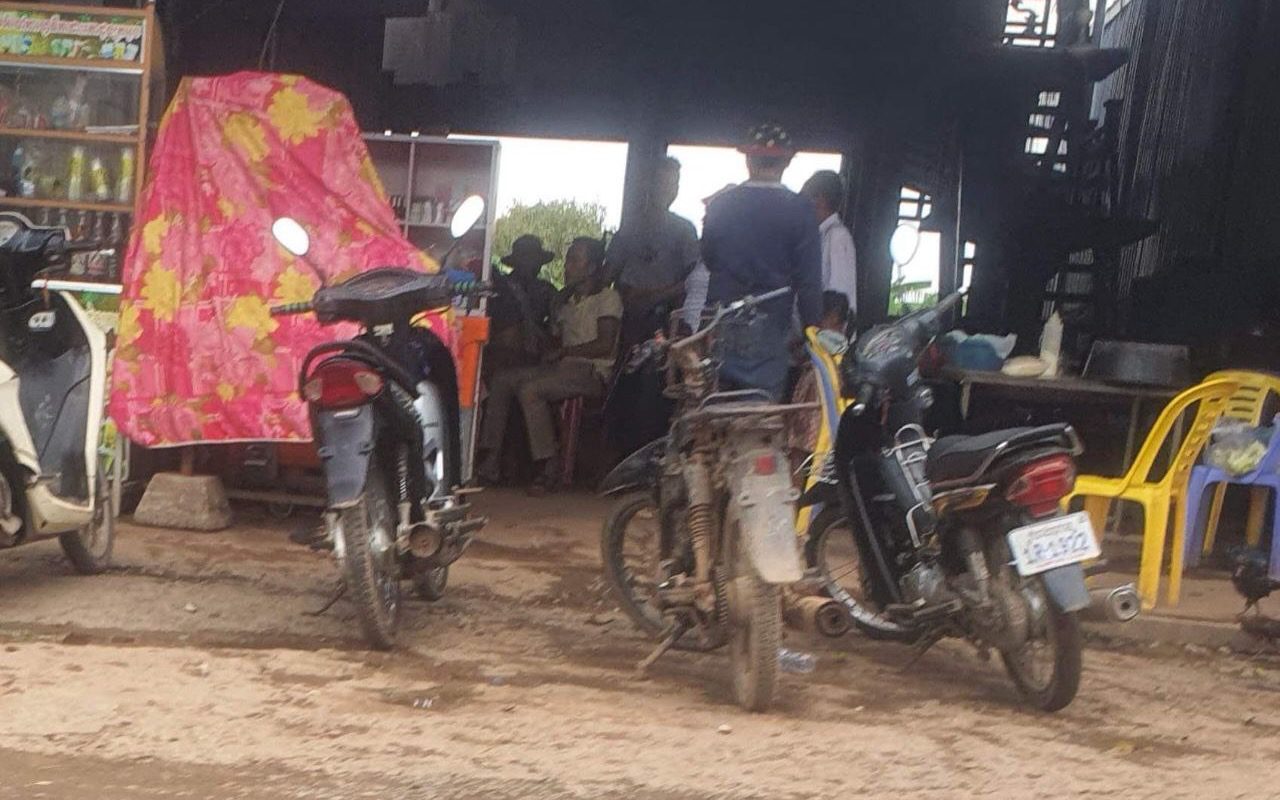In 2020, an NGO received a new case of a Cambodian woman being trafficked to China for marriage every three days. Since then, the NGO has “seen more children being trafficked to China for forced marriage.”
Bride trafficking from Cambodia — a long-standing scourge — is an “escalating phenomenon,” said a report by international NGO Global Initiative released this week.
In December 2020, VOD reported a 17-year-old Cambodian girl posted a call for help online from China.
“They’ve forced me to take husbands here. They said if I don’t take them as husbands, they would sell me to a brothel,” the 17-year-old wrote at the time. “No phone calls. Can’t talk. Only writing is possible. I want freedom, and to meet my family again.”
In January 2021, a 14-year-old girl sent a voice message that she was pregnant after four months of abuse by her Chinese “husband,” and was now stuck at a Chinese police station for three weeks hoping Cambodian authorities would bring her home.
The Global Initiative report, based on interviews with survivors, families and civil society groups, said such trafficking had been on the rise in recent years due to the livelihood impacts of Covid-19 and heightened prevention measures in Vietnam that shifted more of the trade here. It is driven by a relative scarcity of women in China due to its one-child policy, it said.
The report said victims were typically of vulnerable socioeconomic status in rural communities, most commonly from Kampong Cham. Women recruiters — from the same communities or villages as the victims — would typically approach women and promise jobs of $500-$2,000 a month in China.
The women would then be taken on overland trafficking routes through Vietnam, with some flying from Vietnam to China, the report said.
But once there, there is no job. Cambodian women are threatened with deportation and repayment of travel costs if they refuse to marry; threatened to be forced into sex work; physically and sexually abused by “husbands” and their families; restricted in movement; prohibited from leaving the house, owning phones or contacting other people; and forced to marry several men or made to leave marriages after giving birth.
The report said NGO Chab Dai was receiving a referral of a new case every three days in 2020.
Chan Saron, senior program manager at Chab Dai, said on Friday that since then, “we have seen more children being trafficked to China for forced marriage.” The NGO had dealt with many cases of victims aged 14-16, according to the study.
“It is hard to escape to seek support from us and the embassy,” Saron said, as women and girls are locked in rooms, have no passport or money, and must contend with language barriers. “When filing a complaint to local police, she will be sent to her husband or a detention shelter.”
Even after returning to Cambodia, women can face challenges. On Friday, a woman told VOD of being stopped while traveling through Vietnam to China in November. She spent a month in Vietnam and had since been kept at a government shelter in Cambodia, she said.
“I live in a room in their place. I’m stressed,” she said “They give me rice in the morning, afternoon and in the evening. I can’t walk anywhere. They locked me in the room.”
Labor rights group Central’s anti-human trafficking and migration program officer Bun Chanda said this was not a case of bride trafficking, as the woman had been carrying a child as a surrogate mother for someone in China. But she should still be considered a trafficking victim because she had been persuaded to engage in the activity, he said.
The woman acknowledged that she had been paid $3,000 for surrogacy, and had traveled for three days changing modes of transportation between car, motorbike, boat and foot. Surrogacy was banned in Cambodia in 2016.
Chou Bun Eng, vice chair of the National Committee on Counter-Trafficking, said there were two women at the shelter who had both given birth to twins as surrogate mothers. They were facing charges, so they were better off staying there than in jail, she said.
Of bride trafficking, Bun Eng said she did not have figures on hand but believed it was decreasing this year. Stopping traffickers’ changing methods was nevertheless a challenge, she said.
The Labor Ministry on Thursday issued a warning that there had recently been false announcements of government programs to send workers overseas.
“No country wants human trafficking to happen,” Bun Eng said. “But we should ask the question, would the suspect stop? This is the suspects’ job — they are going to use any method. We try to crack down on them from one case to another.”


